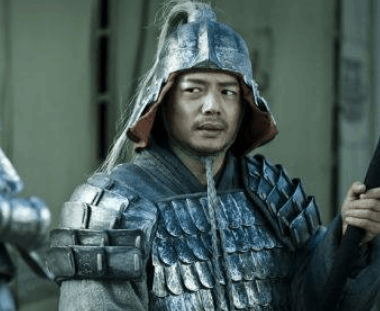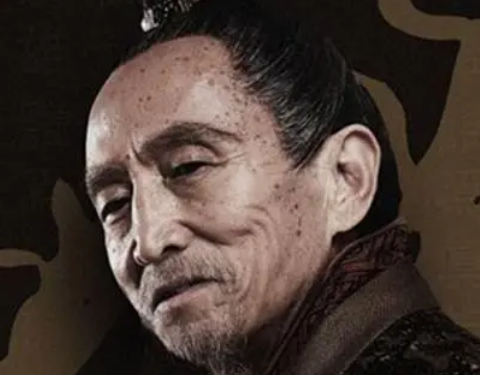In the long history of China, Guo Wei's name is not prominent, but his life is full of legendary colors. He is the founding emperor of the Later Zhou Dynasty and an outstanding politician during the Five Dynasties and Ten Kingdoms period. However, the decision of why he passed the throne to his adopted son instead of his biological son still puzzles people today. This article will reveal the truth of Guo Wei's passing the throne to his adopted son by analyzing his personal experience and historical background.

Guo Wei was born into poverty, lost his father in his early years, and lived a difficult life. His success was not smooth sailing, but rose step by step to the throne with courage, intelligence, and perseverance in war. However, his biological sons were unable to inherit his talent and courage, and were too young and inexperienced to shoulder the responsibility of governing the country. Under these circumstances, Guo Wei chose Chai Rong, his adopted son, as his successor.
Chai Rong is Guo Wei's adopted son, but Guo Wei's love and attention for him are no less than for his biological sons. Chai Rong is smart and has excellent political and military talents, which deeply impress Guo Wei. What Guo Wei saw in Chai Rong was his ability and potential. He believed that only Chai Rong could continue his political career and stabilize the Later Zhou Dynasty.
In addition, Guo Wei's decision to pass the throne to his adopted son also reflects his personal charm and noble sentiment. He was not bound by family ties, but put the interests of the country first, which was very rare in the social environment at that time. His decision undoubtedly earned the respect and admiration of the people.
Overall, Guo Wei's decision to pass the throne to his adopted son is not only an affirmation of his personal talent and courage, but also a trust in Chai Rong's abilities and potential. This decision fully demonstrates Guo Wei's political wisdom and noble sentiment, and also leaves us with profound enlightenment: when facing major decisions, we should transcend the shackles of family ties and consider issues from a broader perspective and higher moral standards.
Disclaimer: The above content is sourced from the internet and the copyright belongs to the original author. If there is any infringement of your original copyright, please inform us and we will delete the relevant content as soon as possible.































